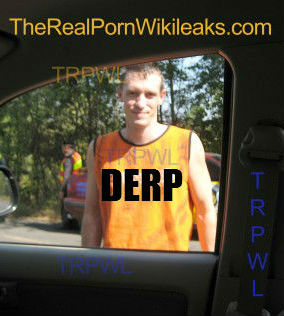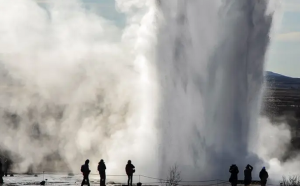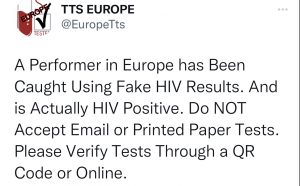New anti stalking group has received many calls for help from women who met violent men online.
Online dating sites are not doing enough to protect women from being targeted by stalkers and men convicted of domestic violence, according to a new anti stalking charity.
Paladin, which was set up two months ago to offer counseling to stalking victims, says it has received requests for urgent help from women after they met men online who subsequently became abusive towards them.
The claim comes as the online dating industry launches a new code and kitemarking system designed to bolster confidence among clients. It follows a series of serious data breaches, when personal information was stolen by hackers, causing fears that personal information could find its way into the hands of stalkers. The concerns are one of the few black clouds hanging over what is a booming industry. One in five dates now starts via the internet, and there are hundreds of sites operating in the UK in an industry now worth £300m [about $470M USD] a year.
Paladin, launched on 11 July, said it had received a number of referrals from women who had met men online. The charity said at least three of the referrals involved threats and actual violence. In each case the men all had previous histories of violence against women. Paladin said it was “extraordinary” that a lack of regulation meant abusive men could keep joining dating sites. It said anyone who was found to be involved in stalking or violence should be barred from all dating agencies and the matter referred to the police. It also said it was worried about the vulnerability of online dating sites being hacked.
“Over recent months there have been a number of online data protection breaches involving some of the most popular dating sites,” said Paladin’s co-founder, Harry Fletcher. “Personal information about women has been hacked and stolen. This is frightening. If such information fell into the hands of predatory sex offenders or stalkers, the consequences would be horrific. Agencies must take all steps necessary to keep data safe and in the event of any future theft inform all clients immediately. A combination of lack of regulation means anybody could create a new site this week and data theft is of grave concern and needs government intervention without delay.”
Earlier this year it emerged that 1.5 million users of the eHarmony website had their passwords stolen and posted on a Russian forum dedicated to password-cracking.
George Kidd, the chief executive of the new Online Dating Association, said the establishment of a regulatory body showed the industry was determined to clamp down on those who sought to abuse the medium. He said: “The challenge or difficulty with a community of people in their millions is how do we make it safe and secure? How do we have the right culture, to match the requirement of customers? What do we believe our values to be?”
Kidd said it was important that dating sites did not duck the issue. “We will address identity and data and protection,” he said. “But we have a great deal of work to do. Everyone must have appropriate policies in place rather than a prescriptive set of rules.”
June (not her real name) met her former partner on a free dating website and was unaware he had two convictions for ABH [assault occasioning actual bodily harm]. “About four weeks in, the abuse started,” June said.
“But as I’ve come to learn, like many people convicted of domestic violence he could be very charming and he lured me back.”
The abuse was not violent, although June’s partner was prone to throwing crockery and pots and pans. “He would say he could ruin me,” June said. “Unbeknown to me, he had taken naked photographs of me and he threatened to publish this on Facebook and show them to my employer.”
June called for dating sites to add a “panic button” that would make it easier for users of dating sites to report concerns about people they had met. “My site just had an automated response. You really need a human being sitting there and taking your concerns seriously,” she said.
Kidd insisted that it was safer meeting someone through a dating agency than just meeting “someone” in the pub. “It is now increasingly normal for people to find their partners online and our role in identifying best practice across the industry will make it easier for people to know what to expect,” Kidd said. “Consumers will be able to look out for the hallmark logo which verifies that the site is a member of the association and operating to these industry standards.”







